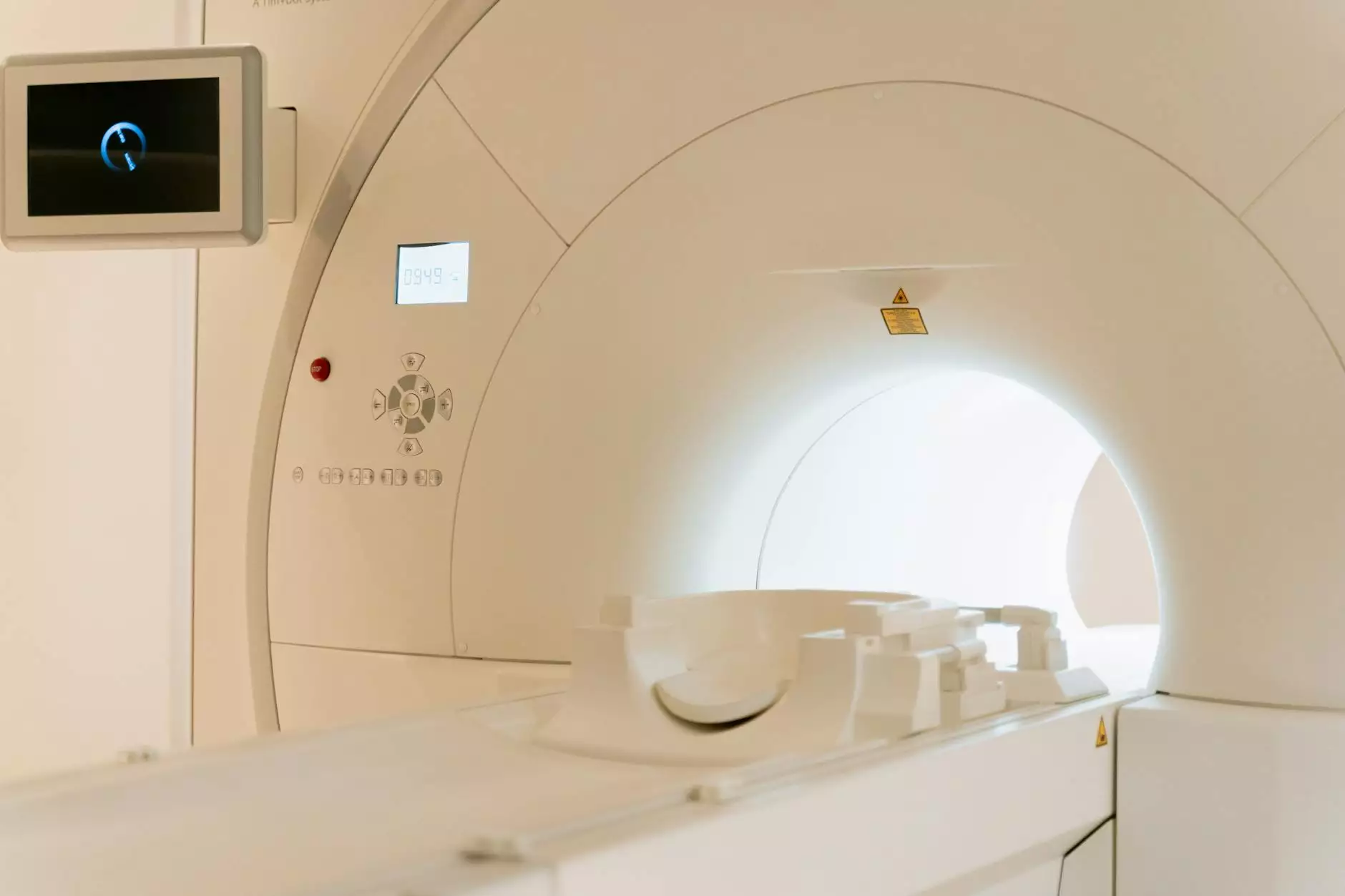Expert MRI Service Engineer: Ensuring Precision and Reliability in Medical Imaging

In the rapidly evolving landscape of healthcare, diagnostic accuracy and equipment reliability are fundamental to delivering quality patient care. At the heart of this technological advancement are MRI service engineers, unsung heroes who maintain, troubleshoot, and optimize magnetic resonance imaging (MRI) systems. Their role is critical in ensuring that medical centers and diagnostic services operate seamlessly, providing clinicians with precise imaging essential for accurate diagnosis and effective treatment planning.
The Essential Role of a MRI Service Engineer in Modern Healthcare
Modern healthcare institutions depend heavily on high-tech imaging modalities such as MRI machines. The MRI service engineer is a specialized technical professional responsible for the installation, calibration, troubleshooting, maintenance, and repair of MRI equipment. Their expertise guarantees that MRI systems function at optimal performance levels, minimizing downtime and ensuring the safety of patients and staff alike.
These engineers are not only technical troubleshooters but also strategic partners in healthcare delivery. Their insights into system upgrades, compliance with safety standards, and understanding of complex imaging technology make them indispensable in medical centers and diagnostic service providers.
Core Responsibilities of an MRI Service Engineer
- Installations & Upgrades: Setting up new MRI machines, integrating with existing infrastructure, and implementing software upgrades that enhance imaging capabilities and workflow efficiency.
- Preventive Maintenance: Conducting regular checkups, calibrations, and system inspections to prevent unexpected breakdowns and prolong equipment lifespan.
- Troubleshooting & Repairs: Diagnosing hardware and software issues swiftly to minimize machine downtime, ensuring continuous service for patients and clinicians.
- Compliance & Safety Checks: Ensuring MRI systems adhere to safety standards set by regulatory bodies such as the FDA and IEC, including proper shielding, grounding, and radio-frequency safety protocols.
- Technical Training: Educating radiologists, technicians, and biomedical staff on proper machine usage, safety procedures, and updates in imaging technology.
- Documentation & Reporting: Maintaining detailed records of maintenance activities, system performance, incidents, and corrective actions.
The Impact of Skilled MRI Service Engineers on Diagnostic Accuracy and Patient Care
Accurate diagnostics hinge upon the optimal functionality of MRI systems. An experienced MRI service engineer ensures that imaging equipment consistently produces high-resolution, artifact-free images, which are vital for detecting anomalies such as tumors, vascular issues, or neurological disorders.
Moreover, their role in calibration and quality assurance helps in reducing errors caused by equipment malfunction or outdated technology. This translates into quicker diagnoses, better patient outcomes, and increased trust in healthcare services.
Advancements in MRI Technology and the Evolving Role of the Service Engineer
The field of MRI technology is continuously advancing, with innovations such as higher magnetic field strengths, faster imaging sequences, and AI-powered image processing. As technology evolves, MRI service engineers must stay abreast of new developments to maintain and repair cutting-edge systems effectively.
Modern MRI systems now incorporate sophisticated software algorithms, remote diagnostics, and network connectivity. The service engineer’s role has expanded to include cybersecurity measures, software updates, and integration with hospital information systems, all of which are crucial for maintaining operational integrity and patient data security.
Skills and Qualifications of a Leading MRI Service Engineer
Exceptional MRI service engineers possess a blend of technical expertise, clinical understanding, and problem-solving skills. The key qualifications and skills include:
- Educational Background: A degree in biomedical engineering, electronics, or a related field.
- Specialized Training: Certification in MRI technology, radiologic safety, and applicable regulatory standards.
- Technical Proficiency: In-depth knowledge of electromagnetic physics, circuit design, and imaging software systems.
- Diagnostic Skills: Ability to swiftly interpret error codes and system logs to identify underlying issues.
- Communication: Clear documentation and effective training skills to educate clinical staff on equipment operation and safety protocols.
- Adaptability: Ability to keep pace with technological innovations and industry best practices.
How ECHOMAGNETSERVICES.COM Supports Healthcare with Expert MRI Technicians
As a leader in health & medical diagnostic services, echomagnetservices.com excels in providing top-tier MRI service engineer expertise tailored to the needs of medical centers and diagnostic clinics. Their team of highly trained technicians ensures that MRI systems operate with maximum precision and safety, allowing healthcare providers to deliver high-quality diagnostic services consistently.
Key offerings include:
- Comprehensive Maintenance Plans: Regular preventative checks, calibration, and timely repairs to ensure uptime.
- Rapid Response Support: 24/7 technical assistance to troubleshoot urgent issues and minimize operational disruptions.
- System Upgrades and Installations: Seamless integration of the latest MRI technology, ensuring hospitals stay at the forefront of diagnostic capabilities.
- Staff Training Programs: Empowering clinical teams with knowledge to operate MRI machines safely and effectively.
The Future of MRI Service Engineering and Healthcare Innovation
The landscape of medical imaging is on the brink of revolutionary change, driven by advancements in artificial intelligence, machine learning, and digital connectivity. MRI service engineers play a pivotal role in implementing these innovations, ensuring that hospitals and diagnostic centers stay competitive and compliant with emerging standards.
Looking ahead, the integration of smart diagnostic tools, remote monitoring, and predictive maintenance algorithms will redefine the service engineer's responsibilities, making their role even more vital in delivering unparalleled diagnostic accuracy and patient safety.
Conclusion: The Vital Importance of Expert MRI Service Engineers in Healthcare
In summary, the role of a MRI service engineer is fundamental to the integrity of medical imaging technology. Their expertise ensures that MRI systems provide reliable, high-quality images that are critical for diagnosing complex health conditions. By maintaining impeccable standards in equipment performance, safety, and technological updates, these engineers uphold the highest levels of patient care and clinical efficiency.
For healthcare providers, investing in skilled MRI service engineers and partnering with trusted service providers like echomagnetservices.com can dramatically improve diagnostic outcomes, operational efficiency, and compliance with international safety standards.
In the ever-evolving world of medical diagnostics, the expertise of an MRI service engineer is not just an asset—it's a necessity for advancing health and saving lives.









